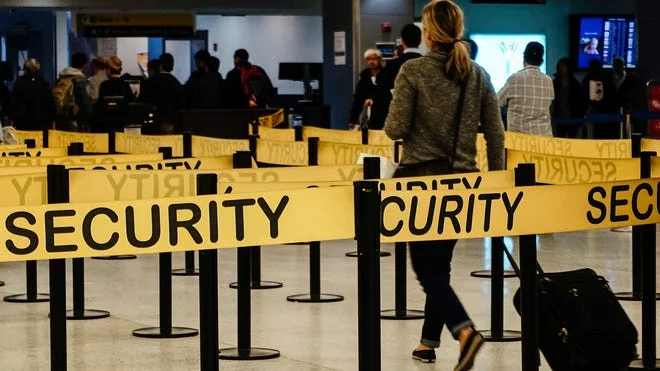
U.S. Border Policies Stir Privacy and Travel Concerns
Recent developments at U.S. borders have sparked significant concerns over privacy and travel rights. A new policy allows U.S. border agents to search travelers' phones without a warrant, raising alarms about privacy violations. This move, aimed at enhancing national security, has been met with criticism from civil liberties groups who argue it infringes on individual rights.
Simultaneously, American travelers are facing increased scrutiny at border crossings, with reports of longer wait times and more thorough inspections. This has led to advisories for foreign nationals planning to enter the U.S., warning them of potential delays and the need for thorough preparation before travel.
The situation has also prompted discussions on tourist rights, with organizations like Boundless providing guidance on what travelers can expect when entering the country. The balance between security and personal freedoms remains a contentious issue, with ongoing debates about how best to protect both.
Related issues news
Can CBP search your phone?
U.S. Customs and Border Protection (CBP) has the authority to search phones, laptops, tablets, and other devices from anyone entering the country, including U.S. citizens and non-citizens.
Is it safe to travel with a phone?
Before traveling, you should encrypt your devices and make sure you're using secure passwords. Travelers should disable biometric logins like Face ID, since some courts have ruled that police can't compel you to tell them your password but they can use biometrics to unlock your phone.
Can US Immigration search your phone?
Although seemingly rare in recent years, border control agents have the authority to search electronic devices, including cellphones, laptops, and iPads. Now, under the new administration, which has prioritized policies surrounding immigration and border control, this practice is becoming more frequent.